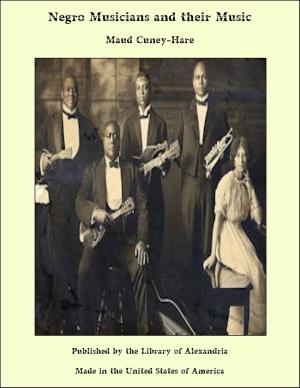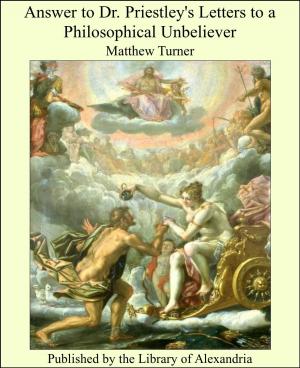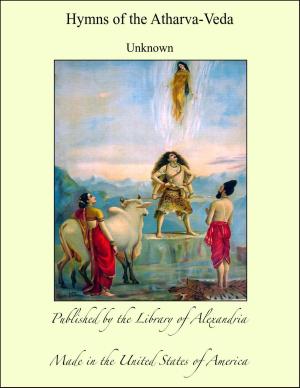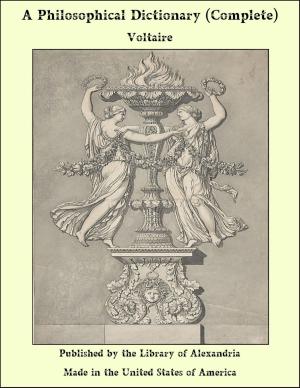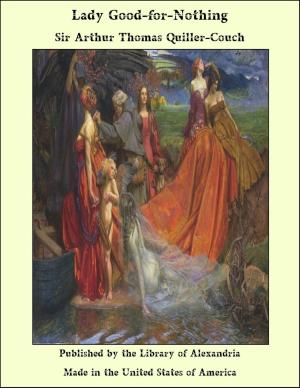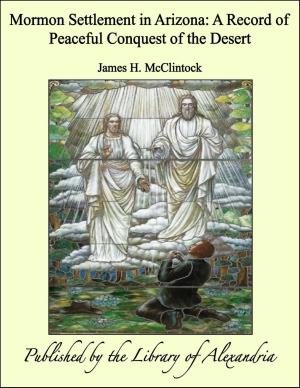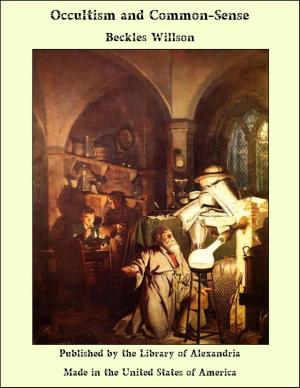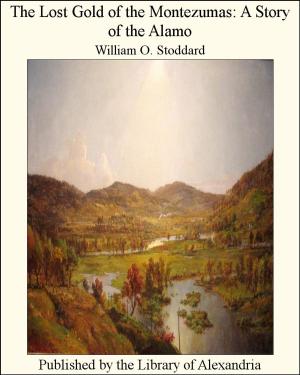| Author: | Frederic Jesup Stimson | ISBN: | 9781465556790 |
| Publisher: | Library of Alexandria | Publication: | July 29, 2009 |
| Imprint: | Library of Alexandria | Language: | English |
| Author: | Frederic Jesup Stimson |
| ISBN: | 9781465556790 |
| Publisher: | Library of Alexandria |
| Publication: | July 29, 2009 |
| Imprint: | Library of Alexandria |
| Language: | English |
THE ENGLISH IDEA OF LAW My object in the lectures upon which this work is based was to give some notion of the problems of the time (in this country, of course, particularly) which are confronting legislators primarily, political parties in the second place, but finally all good citizens. The treatment was as untechnical as possible. The lectures themselves were for men who meant to go into business, for journalists, or political students; a general view—an elemental, broad general view—of the problems that confront legislation to-day. So is not one for lawyers alone; it seeks to cover both what has been accomplished by law-making in the past, and what is now being adopted or even proposed; the history of statutes of legislation by the people as distinct from "judge-made" law; how far legislatures can cure the evils that confront the state or the individual, and what the future of American legislation is likely to be. Constitutional difficulties I had merely mentioned, as there was another course of lectures on American constitutional principles, which supplemented it.[1] In those I tried to show what we cannot do by legislation; in these I merely discussed what had been done, and tried to show what we are now doing. What we may not do may sound, perhaps, like a narrow field; but the growth of constitutional law in this country is so wide—in the first place including all the English Constitution, and more than that, so many principles of human liberty that have been adopted into our Constitution, either at the time it was adopted, or which have crept into it through the Fourteenth Amendment, with all the innovations of State constitutions as well—that really the discussion of what cannot be done by statute takes one almost over the entire range of constitutional law and even into the discussion of what cannot be done in a free country or under ordinary principles of human liberty. [Footnote 1: "The Law of the Federal and State Constitutions of the United States," Boston Book Company, 1908. "The American Constitution," Scribners, New York, 1907.] How many of us have ever formulated in our minds what law means? I am inclined to think that the most would give a meaning that was never the meaning of the word law, at least until a very few years ago; that is, the meaning which alone is the subject of this book, statute law. The notion of law as a statute, a thing passed by a legislature, a thing enacted, made new by representative assembly, is perfectly modern, and yet it has so thoroughly taken possession of our minds, and particularly of the American mind (owing to the forty-eight legislatures that we have at work, besides the National Congress, every year, and to the fact that they try to do a great deal to deserve their pay in the way of enacting laws), that statutes have assumed in our minds the main bulk of the concept of law as we formulate it to ourselves. I guess that the ordinary newspaper reader, when he talks about "laws" or reads about "law," thinks of statutes; but that is a perfectly modern concept; and the thing itself, even as we now understand it, is perfectly modern. There were no statutes within the present meaning of the word more than a very few centuries ago. But statutes are precisely the subject of this book; legislation, the tendency of statute-making, the spirit of statutes that we have made, that we are making, and that we are likely to make, or that are now being proposed; so it is concerned, in a sense, with the last and most recent and most ready-made of all legal or political matters. The subject of statute-making is not thought difficult; it is supposed to be perfectly capable of discussion by any one of our State legislators, with or without legal training; and sometimes with lamentable consequences. For the subject is of the most immense importance, now that the bulk of all our law is, or is supposed to be, statutes
THE ENGLISH IDEA OF LAW My object in the lectures upon which this work is based was to give some notion of the problems of the time (in this country, of course, particularly) which are confronting legislators primarily, political parties in the second place, but finally all good citizens. The treatment was as untechnical as possible. The lectures themselves were for men who meant to go into business, for journalists, or political students; a general view—an elemental, broad general view—of the problems that confront legislation to-day. So is not one for lawyers alone; it seeks to cover both what has been accomplished by law-making in the past, and what is now being adopted or even proposed; the history of statutes of legislation by the people as distinct from "judge-made" law; how far legislatures can cure the evils that confront the state or the individual, and what the future of American legislation is likely to be. Constitutional difficulties I had merely mentioned, as there was another course of lectures on American constitutional principles, which supplemented it.[1] In those I tried to show what we cannot do by legislation; in these I merely discussed what had been done, and tried to show what we are now doing. What we may not do may sound, perhaps, like a narrow field; but the growth of constitutional law in this country is so wide—in the first place including all the English Constitution, and more than that, so many principles of human liberty that have been adopted into our Constitution, either at the time it was adopted, or which have crept into it through the Fourteenth Amendment, with all the innovations of State constitutions as well—that really the discussion of what cannot be done by statute takes one almost over the entire range of constitutional law and even into the discussion of what cannot be done in a free country or under ordinary principles of human liberty. [Footnote 1: "The Law of the Federal and State Constitutions of the United States," Boston Book Company, 1908. "The American Constitution," Scribners, New York, 1907.] How many of us have ever formulated in our minds what law means? I am inclined to think that the most would give a meaning that was never the meaning of the word law, at least until a very few years ago; that is, the meaning which alone is the subject of this book, statute law. The notion of law as a statute, a thing passed by a legislature, a thing enacted, made new by representative assembly, is perfectly modern, and yet it has so thoroughly taken possession of our minds, and particularly of the American mind (owing to the forty-eight legislatures that we have at work, besides the National Congress, every year, and to the fact that they try to do a great deal to deserve their pay in the way of enacting laws), that statutes have assumed in our minds the main bulk of the concept of law as we formulate it to ourselves. I guess that the ordinary newspaper reader, when he talks about "laws" or reads about "law," thinks of statutes; but that is a perfectly modern concept; and the thing itself, even as we now understand it, is perfectly modern. There were no statutes within the present meaning of the word more than a very few centuries ago. But statutes are precisely the subject of this book; legislation, the tendency of statute-making, the spirit of statutes that we have made, that we are making, and that we are likely to make, or that are now being proposed; so it is concerned, in a sense, with the last and most recent and most ready-made of all legal or political matters. The subject of statute-making is not thought difficult; it is supposed to be perfectly capable of discussion by any one of our State legislators, with or without legal training; and sometimes with lamentable consequences. For the subject is of the most immense importance, now that the bulk of all our law is, or is supposed to be, statutes


